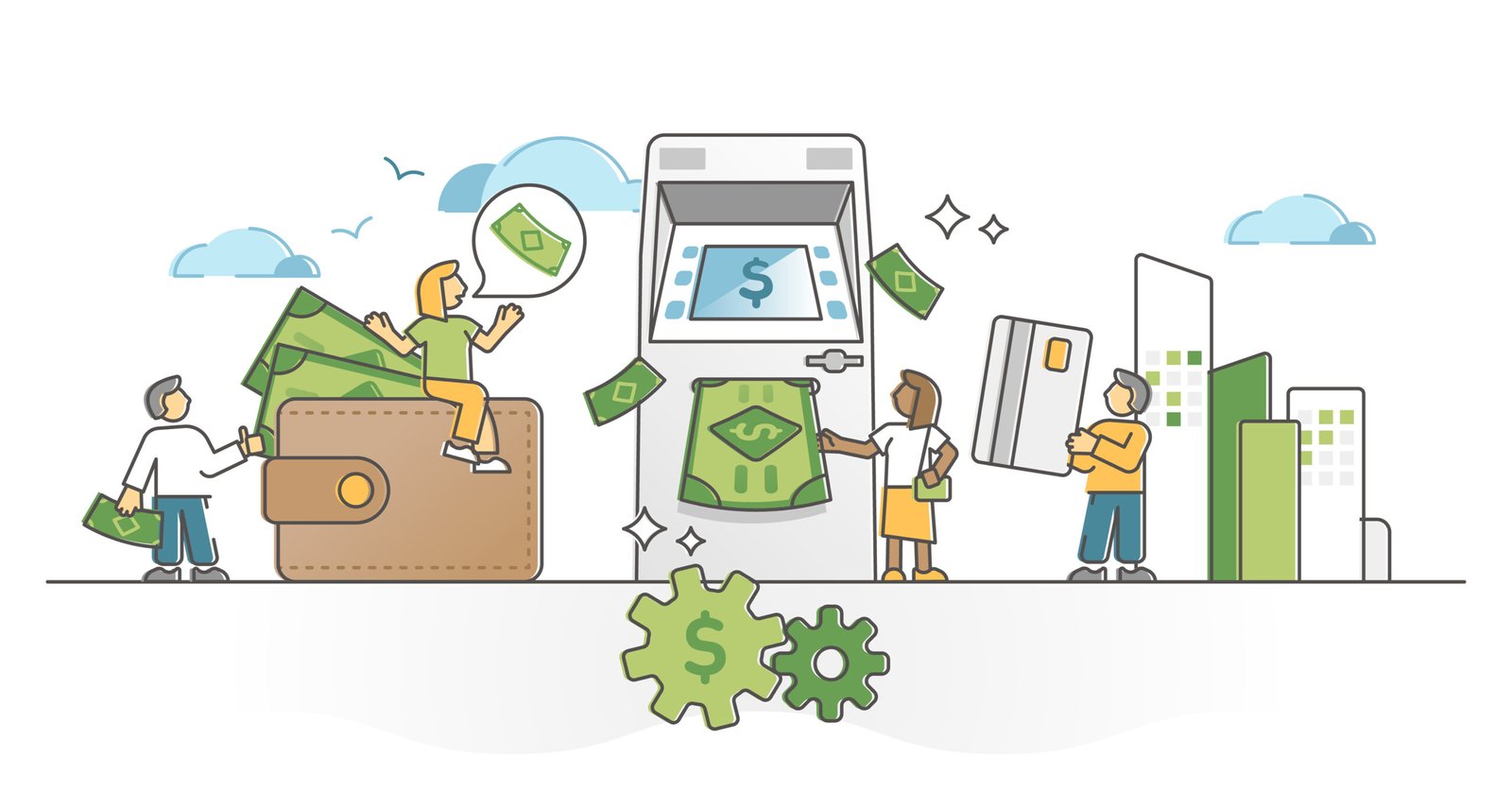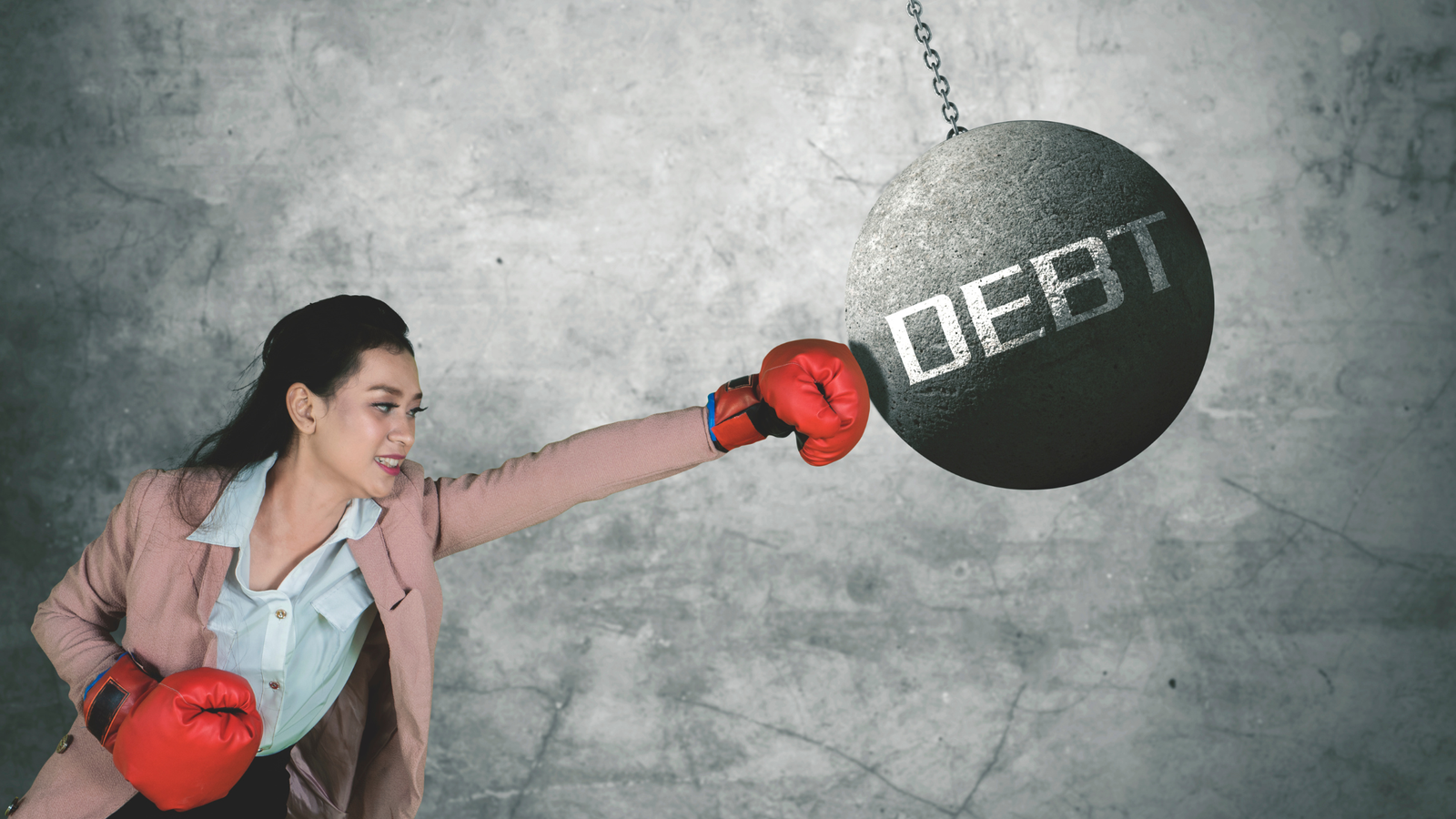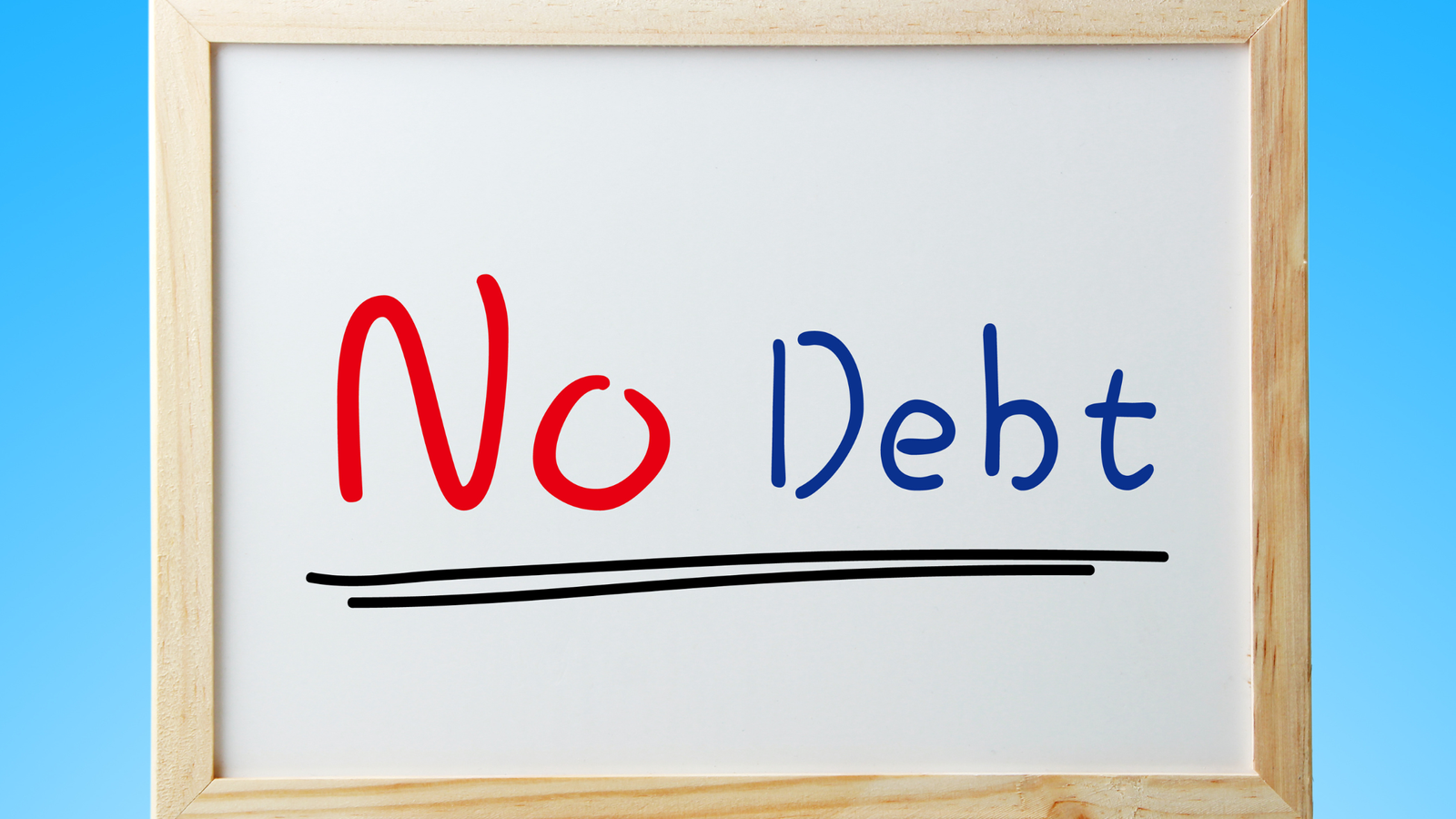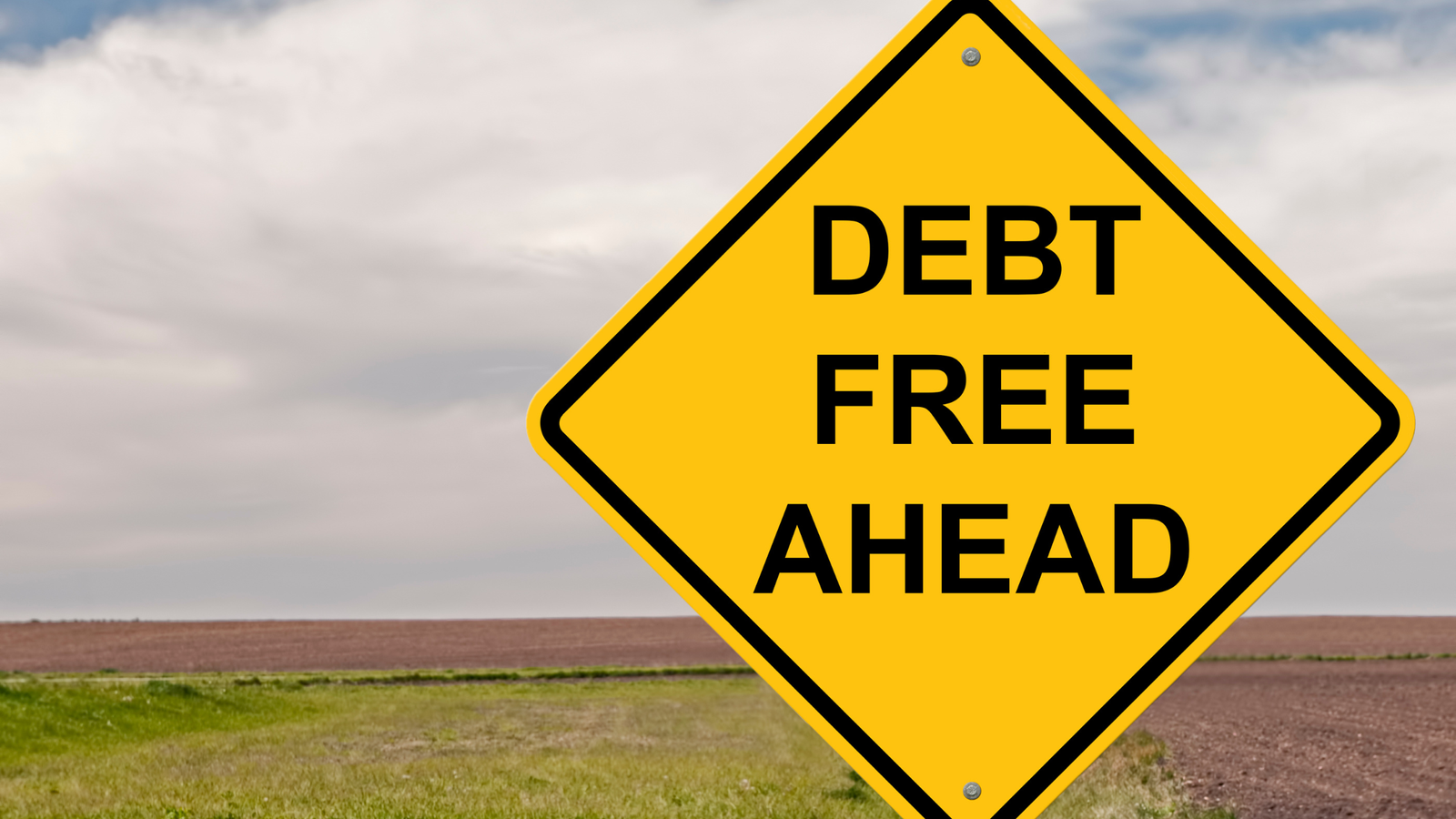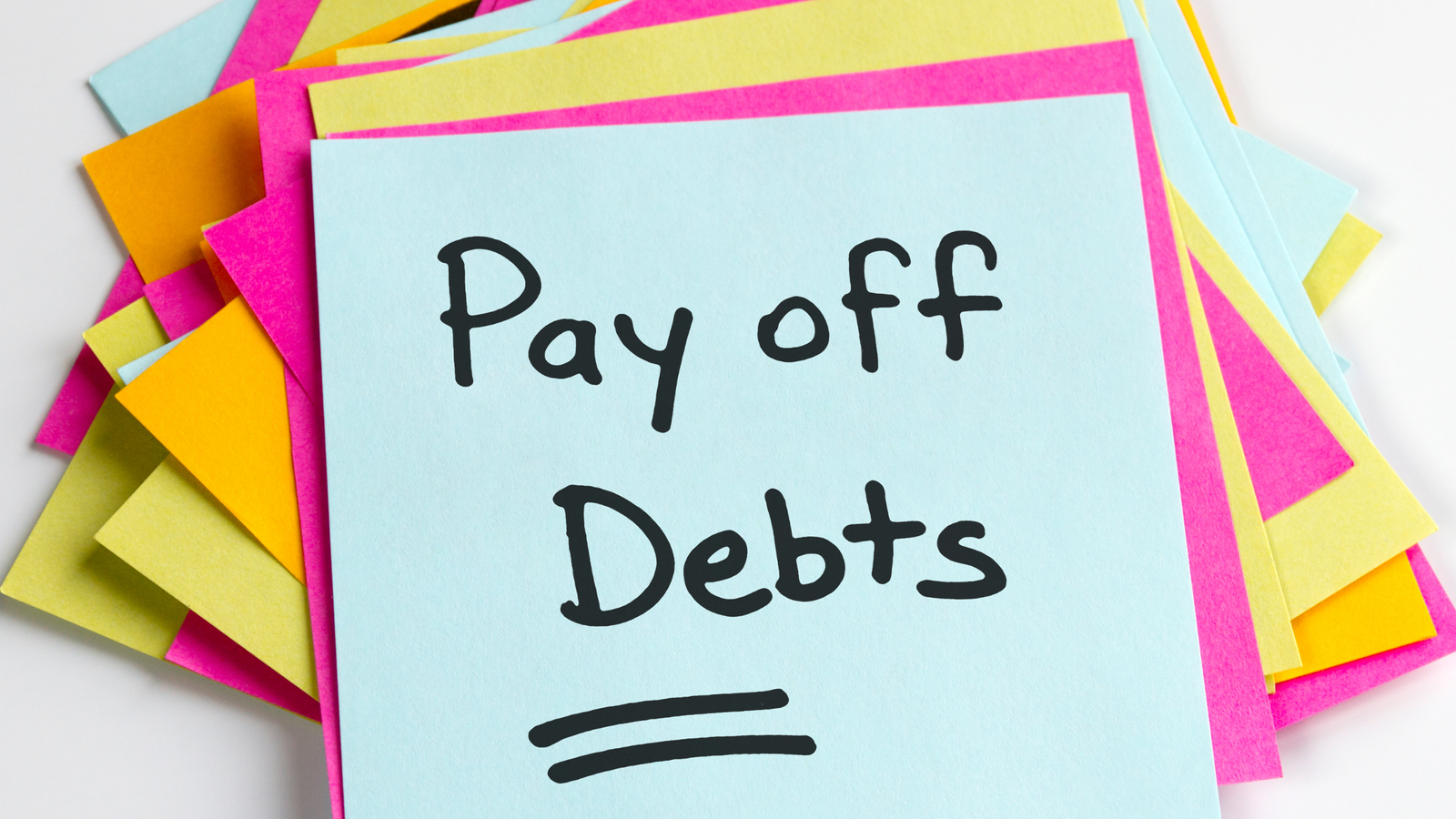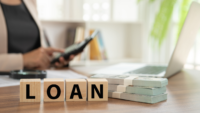Struggling with credit card debt can be so overwhelming. If you don’t know where to begin, let this be your guide to quickly paying off your credit card debt and increasing your credit score while you’re at it!
Not only will paying off your outstanding debts lift a weight off your shoulders and stop you from living paycheck to paycheck, but it will also help give your credit score a big boost.
As a rule of thumb, a credit score below 630 is considered bad, 630 to 689 range is fair, 690 to 719 is good, and 720 and up is excellent.
With a good credit score, you’ll have access to lower interest rates on credit cards, better chances of loan approvals, higher credit limits, better car insurance rates, and so much more. Good credit scores are the key to good financial opportunities, which makes it so important to maintain a good credit score. To do this well, it is so important that you keep the amount of debt you carry to an absolute minimum. If you’ve got debts to pay off, here are eight of the best ways to quickly and easily pay off your balances.
The Snowball Method
The “snowball method” is a commonly known debt payment strategy that requires you to pay off accounts with the smallest debt balances first. Once you’ve paid off your smallest debt balance, use that snowball-like momentum to start chipping away at the next smallest account balance until all of your debts are fully paid off.
It’s important to continue making at least the minimum payments on your other accounts while you do this. The snowball method benefits you by starting momentum with some quick wins. Seeing the first balance paid off in full will motivate you to pay off the next balance until they’re completely paid off – that’s exciting!
Try a Balance Transfer Credit Card
There’s a chance your credit is good enough despite having credit card debt, especially if you’ve been making your monthly minimum payments on time while keeping your credit utilization ratio low. In that case, you could be eligible for a balance transfer credit card, which is a credit card with an introductory zero percent interest rate offer for new accounts. Usually, within the first 12 to 24 months, you can have a balance on this credit card without being charged interest.
If you have a credit card balance on a card that is charging you a high interest rate, transfer that balance to a new card that has a zero percent interest rate to save money on interest charges. With those savings, you can reduce outstanding balances to help you pay your cards off faster.
Be careful, though, and make sure you’re prepared for the interest rate you’ll be charged once the zero-interest period ends. BankRate.com is a great resource for determining which 0% APR credit card is likely to approve you.
Look Into Debt Consolidation
Debt consolidation is the strategy of combining your multiple lines of high-interest debt into one loan with a fixed monthly payment. You can consolidate your debt by transferring your balances as we just mentioned above. You also have the option to take out a debt consolidation loan or a home equity loan.
If you’re not sure where to begin, we’ve compiled a list of top debt consolidation companies to consider. Debt consolidation companies can help you make debt payoff less expensive since you’d rack up less interest over time. You could also positively impact your credit score if you make monthly payments in full and on time.
Create a Spending Budget
If there’s a chance your debt has been caused by overspending, creating a spending budget is the first step. Without a budget, you could continue living paycheck to paycheck, paying the minimum on your bills, or accruing even more debt through interest. Make sure your budget accounts for the following:
- Basic needs (rent, gas, groceries)
- Debt obligations (minimum payments)
- Wants (coffee, entertainment)
- Variable recurring expenses (toiletries, gifts, car repairs)
By being prepared ahead of time, you can prevent overspending in wants and variable spending categories to make sure you’re covered for basic needs and debt obligations.
Create An Emergency Fund
It might be helpful to create an emergency savings fund before using any of these other strategies. Even if it’s just $500, this cushion can help you feel secure for potential emergencies. If your car breaks down or you have to pay an unexpected medical bill, you won’t fall deeper into your debt.
Once your emergency fund is secure, proceed with any of these other strategies.
Pay With Cash Only
Credit cards are extremely useful when it comes to shelling out money before it hits your account. However, it could also be encouraging you to spend money you don’t have. If you struggle with overspending or budgeting, it might be a good idea to stop using your credit cards for a while and rely only on cash or even your debit card.
Remember, don’t close out your credit card accounts even if you plan to stop using them. By keeping your credit accounts open, you keep building your credit history, which will raise your credit score in the long term. Learn more about how to achieve a perfect 850 credit score.
If you do plan to destroy your credit cards to prevent you from using them, don’t forget to cut them in half or shred them to protect against identity theft.
If you’re worried about identity theft in general, Rocket Credit Scores company offers ID theft monitoring, $1M identity theft insurance, and fraud restoration to help you secure your identity for just $34.99/month. Get a 7-day trial for $1 to give it a shot.
Use Extra Money Wisely
When tax season rolls around and you get that big check in the mail, it’s tempting to go on a shopping spree. However, if you strategically use tax returns, raises, bonuses, or any financial uprises to pay off big debts, you could pay your debt off a lot faster than you think.
Consider Debt Settlement
There’s a chance you’ve tried most of these strategies but you’re still feeling stuck. You still have the option of reaching out to a debt settlement specialist. Debt settlement companies help you negotiate down your debt by offering a lump-sum payment to your creditor in exchange for forgiveness of a portion of your debt.
In Closing
We know how hard it can be to pay off debt. However, once you commit to it, you’ll be so glad to have more financial freedom. If you’re tired of being in debt, start now. Even just implementing one of these strategies can make a huge difference in paying off your debt. Learn more about debt and how to finally pay it off.

About Monica Bulnes
Monica Bulnes is a business writer based out of San Diego, California. Monica received her business education from the top #7 best business school in the country, Rutgers University. She has worked in numerous marketing departments, including major multinational conglomerate, Panasonic. Her passion for personal finance and financial literacy is an extension of her passion for health and wellness. Monica truly believes that financial health is just as important as physical and mental health, considering the important role money plays in each and every person’s life. In her free time, you’ll find Monica inspiring the world through Instagram, writing in her journal, or sketching palm trees at the beach. To learn more about Monica and her writing, find her at www.writingbymonica.com.

